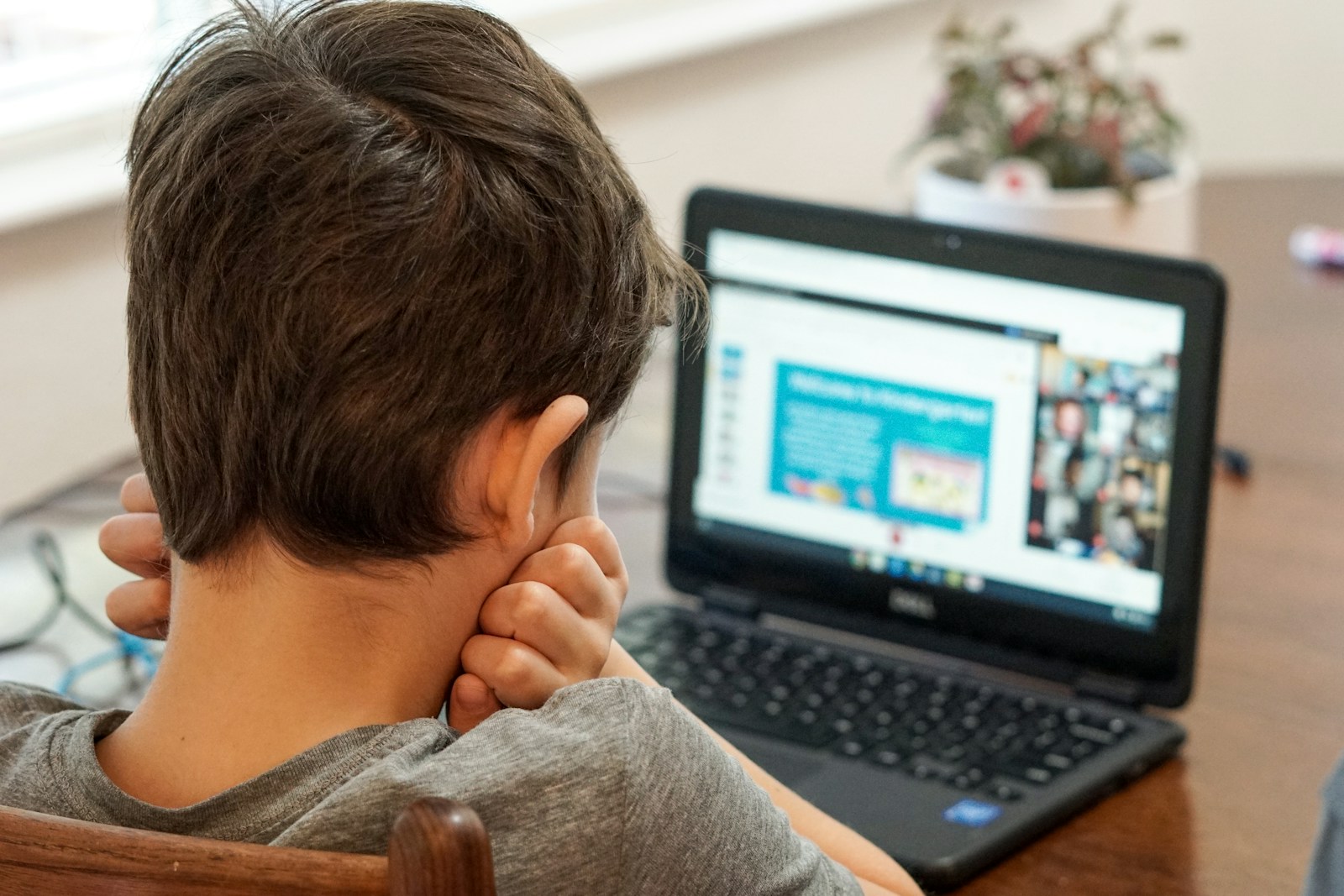Now Reading: Click with Caution: 5 Tips to Keep Your Child Safe Online
-
01
Click with Caution: 5 Tips to Keep Your Child Safe Online

Click with Caution: 5 Tips to Keep Your Child Safe Online
The internet has become an integral part of everyday life, particularly for children who utilize it for school, entertainment, and socialization. While the digital world offers countless opportunities, it also carries significant risks, from cyberbullying to online predators. In cases where serious harm occurs, consulting an attorney for survivors of child sexual abuse can be a crucial step in seeking justice and protection. As a parent, your role in guiding your child to navigate this space safely is more critical than ever. By understanding how to set boundaries and teach responsible online habits, you can protect your child from potential harm while empowering them to enjoy the positive side of technology.
1. Start with Open Conversations
The foundation of online safety is communication. Discuss with your child the importance of being cautious online regularly. Explain that not everyone they meet in digital spaces has good intentions. Make the conversation age-appropriate, using real-life examples if needed, and encourage your child to come to you if they encounter something uncomfortable. Keeping dialogue open helps children feel safe reporting concerns before problems escalate. When kids know they can trust you, they are less likely to hide risky online interactions.
2. Set Clear Rules and Boundaries
Children need guidance on what is and is not acceptable online behavior. Establish clear rules about which websites they can visit, what apps they are allowed to download, and how much screen time is appropriate each day. Encourage them to avoid sharing personal details such as their full name, address, school name, or passwords. Use parental control software or built-in tools on devices to monitor and restrict access to unsafe platforms. When rules are clear and consistent, children understand the boundaries and are better equipped to stay safe.
3. Teach the Importance of Privacy
Many children underestimate the importance of online privacy, often oversharing personal details on social media or gaming platforms. Educate your child about the potential dangers of posting information that could reveal their location or identity. Teach them to keep their profiles private, decline friend requests from strangers, and avoid clicking on unfamiliar links. Remind them that once something is shared online, it can never truly be deleted. By fostering a sense of digital responsibility, you help your child build safer habits for the long term.
4. Monitor Activity Without Invading Trust
Keeping your child safe does not mean spying, but it does mean being aware of their online habits. Check in regularly to find out what platforms they use and with whom they are interacting. You can use parental controls to filter inappropriate content or track screen time, but balance this with trust by explaining why these tools are in place. Consider creating shared accounts for younger children, allowing you to review messages and activity together. The goal is to stay informed while maintaining a healthy relationship built on mutual respect.
5. Stay Informed and Updated
The digital landscape evolves rapidly, with new apps, games, and trends emerging constantly. Staying informed ensures you can guide your child effectively. Subscribe to newsletters or follow organizations that focus on online child safety to keep up with the latest risks and protective measures. Familiarize yourself with the platforms your child uses so you understand their features, privacy settings, and potential threats. When parents stay ahead of the curve, they can better protect their children from emerging dangers.
Conclusion
Your child’s online safety is a shared effort that begins with proactive conversations and clear boundaries. By teaching them about privacy, monitoring their activities responsibly, and staying informed, you help them safely explore the digital world without unnecessary risks. However, if your child has been harmed by inappropriate online interactions or abuse, it is crucial to seek legal guidance. An experienced attorney for survivors of child sexual abuse can help protect your child’s rights and pursue justice, ensuring they receive the support and protection they deserve.










